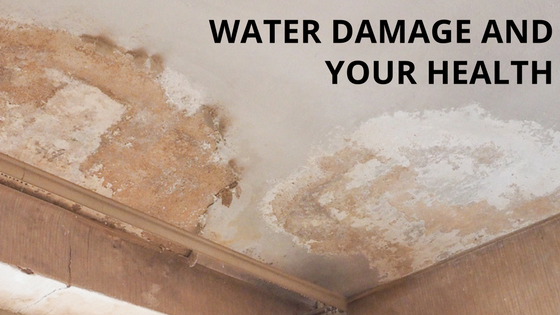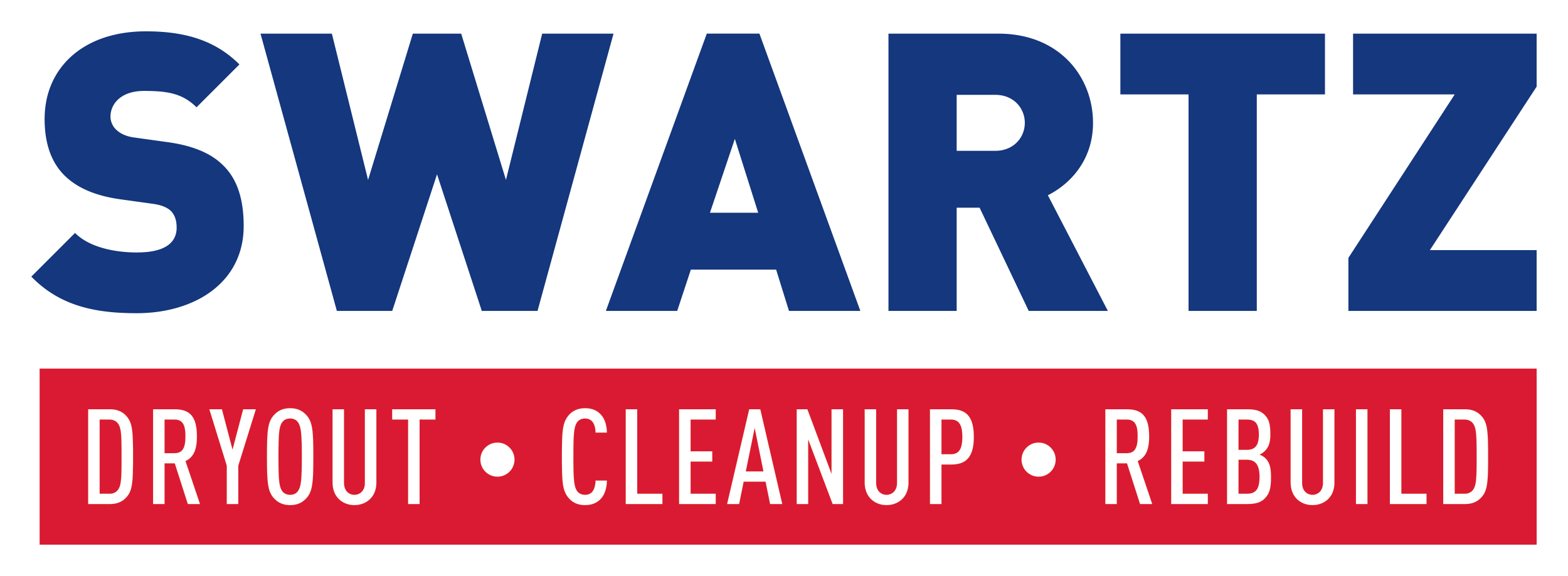
Water Damage and Your Health
If water damage is not treated correctly or in a timely manner, it will eventually destroy the integrity and structure of the building, and worse, it is dangerous for occupants of the building. Inhabitants can become very sick from continued exposure to the environment that the damage creates. Health issues can include immunologic or allergy issues, certain irritant effects, seemingly with no known cause. Here’s how water damage can affect your health:
The Cause
A humid indoor environment encourages mold to grow as well as dust mites. Some people are susceptible to allergic reactions from these agents. The most common molds are:
- Aspergillus
- Penicillium
- Stachybotrys
An environmental assessment is needed to determine the measurements of these spores as well as a few others that are sometimes present in mold growth.
Consequences
Diseases, issues, and reactions that are a result from allergic sensitization to molds and/or house dust mite droppings include:
- Bronchial asthma
- Allergic conjunctivitis
- Allergic fungal sinusitis
- Allergic rhinitis
- Hives (occasionally)
Inflammation changes can be caused by fungal or mold enzymes similar to an allergic reaction but the inflammation only lasts during actual exposure to the elements.
Molds
Microbial Volatile Organic Compounds (MVOC) can irritate the mucous membrane in those who are susceptible to it. A recent study found that living in a damp environment increases a person’s risk of developing hay fever. However, not everyone exposed to water damage will become sick from exposure.
How to know?
The way to determine whether water damage exposure is the cause of illness is to complete a detailed history that pays special attention to your health before, during and after exposure to water damage. An environmental assessment related to mold spore counts is extremely helpful. From that point, testing can be done to determine the cause of reaction and your doctor can help you through that process.
Avoidance and Prevention
Avoidance and prevention of exposure is the best approach and when it comes to keeping your home free of water damage and potential health risks. Here are some things to look out for to avoid and prevent water damage:
- Humidity
If you notice condensation on the walls or windows, or you smell a musty odor then the humidity in your home is likely too high. Run a dehumidifier to reduce the humidity levels and guard against hidden water damage and mold growth.
- Bathroom Water Damage
Bathrooms typically endure the most water damage and should be inspected often. Replace missing grout to prevent mold growth in tile and look for water stains or mold growth under sinks, behind toilets, and on ceilings. Install an exhaust fan if you do not have one and use it to help keep humidity low.
- Appliance Leaks – Clean Water Leak
When a sink, dishwasher, refrigerator or hot water heater springs a leak there is no reason to panic as long as you act quickly. Shut off the water source then clean and dry the area. Mold begins to grow within 24-48 hours. If the leak is large you may need a dehumidifier or air mover to dry the space quickly. Be sure to turn off electricity at the breaker and remove all electrical appliances from the area.
- Plumbing Issues – Dirty Water Leaks
A toilet overflow or sump pump failure may flood part of your home with dirty water. Wear protective covering and dry out the area as quickly as possible. After the area is dry, clean and disinfect completely to destroy bacteria, virus, and fungi.
Remember to stay on top of the humidity, moisture, and flooding in your home to protect yourself and your family against the health issues that can come from water damage.
